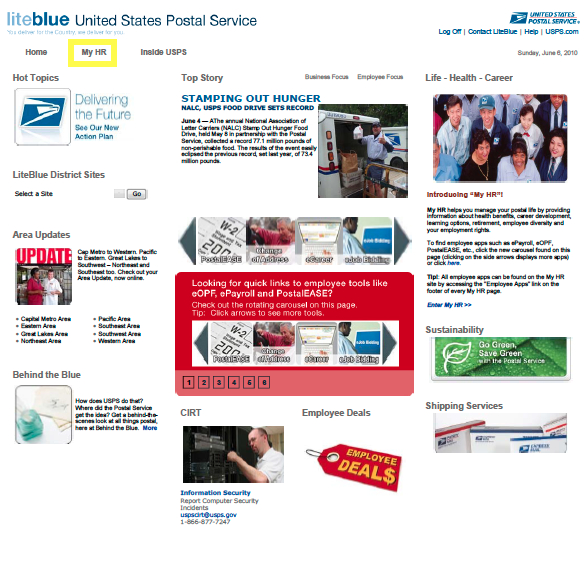How to Avoid Probate
 Probate is a court-supervised process for transferring the assets of a deceased person to the people or organizations that are entitled or designated to receive the assets. The process can vary depending on whether or not you have a valid Last Will and Testament.
Probate is a court-supervised process for transferring the assets of a deceased person to the people or organizations that are entitled or designated to receive the assets. The process can vary depending on whether or not you have a valid Last Will and Testament.
- If you do not have a valid Last Will and Testament, you are said to have died “intestate” (without a will) and your assets will be distributed among a group of your relatives (if any) as determined by state law. In this case, the people who receive your assets are called your “heirs at law.”
- If you have a Last Will and Testament, the people or organizations named in the will – your beneficiaries — are entitled to the assets.
Many people believe that having a will avoids probate, but that is not the case.
Depending on your state, probate can be a long process involving complicated legal issues. Some states require you to hire an attorney to help navigate the process. But even in states that do not legally require you to hire an attorney, the process is usually too complex for most laypeople to handle.
Reasons to Avoid Probate
There are many reasons why people want to avoid probate. Some of the most common are:
Cost Savings. Probate can be expensive, often costing thousands of dollars in legal fees. The larger and the more complex the estate, the higher the legal fees.
Minimizing Process Hassles. The probate process can be time-consuming and quite burdensome. Your executor must inventory the estate’s assets, file accounting statements with the court, notify (and possibly negotiate with) creditors of the estate, open estate bank accounts, and transfer assets to your heirs or beneficiaries. This can be quite a burden on the friend or family member who is handling the estate.
Avoiding Delays. Probate ties up your assets in court. Courts are reluctant to allow assets to be transferred until the estate is closed. At a minimum, the executor must wait until all creditors have had the opportunity to submit claims, a process which could take several months. This delays the distribution of your assets to your heirs or beneficiaries.
Protecting Privacy. Once your estate is opened with the court, it becomes a matter of public record. Anyone who wishes to do so can go to the courthouse and obtain a copy of your will. Many if not most people would prefer to keep the final disposition of their assets private.
Avoiding Probate Presents Its Own Problems
Avoiding probate is not without its own downsides, which you should understand as well. These include:
Probate Avoidance Costs Money. To avoid probate, you will most likely need a “living trust” and a number of related documents. In a living trust, one party holds property for the benefit of another.
The living trust usually serves as the alter ego of the person who establishes it (i.e., the grantor). Using this structure, the grantor can still sell, gift, or otherwise deal with the asset as though he or she owned it outright. The grantor can also amend the trust if he changes his mind about anything connected with it. He can even unwind the entire trust arrangement by revoking it.
Depending on whether you use an attorney or an online form provider, the documentation can be expensive to prepare. If you are basing your decision on cost alone, you should compare these costs with the cost of probate in your state.
Probate Avoidance Can Itself Be a Hassle. Probate avoidance requires a careful examination of how each of your assets is titled. For a trust to provide the intended advantages, e.g., avoiding probate, title to trust assets must be held in the name of the trustee. Only those assets that have been re-titled (i.e., legally transferred) into the name of the trustee are in the trust.
At least some of your assets will need to be re-titled to work with your estate plan. This requires some work on your part. Of course, the work that you do now is work that the executor will not have to do later.
These downsides, however, are typically offset by the benefits of avoiding probate. You can arrange your affairs and pay the cost while you are still alive in order to avoid probate – making things easier on your loved ones or other beneficiaries – or you can let it all be sorted out through the court system after your death.
Techniques to Avoid Probate
There are several techniques that can be used to avoid probate, but all of them rely on one simple principle: Probate can only be avoided by arranging your assets so that there is nothing in your name that does not automatically pass to someone else at your death.
The most often used probate avoidance technique is the living trust, as discussed above, which avoids probate because you do not legally own the assets that are in the trust at your death. Several others include the following:
Joint tenancies avoid probate by automatically passing the assets to the surviving joint tenant at your death.
Life estates avoid probate by automatically passing the assets to the surviving “remainderman” or co-owner of the estate at your death.
Beneficiary designations avoid probate by automatically passing the assets to the designated transfer-on-death or payable-on-death beneficiary at your death.
Assets that are titled in one of these ways (joint tenancy, life estate, beneficiary designation, or living trust) are called non-probate assets. They pass automatically at death, without the need for court involvement. If all of your assets are non-probate assets, your entire estate will pass automatically to others at your death, leaving no assets to probate.
The living trust is the best of these techniques because it avoids probate without causing problems that accompany some of the other techniques, including negative tax consequences, loss of control of the assets, or putting the assets outside of reach if they are needed to pay for your care if you are incapacitated.






